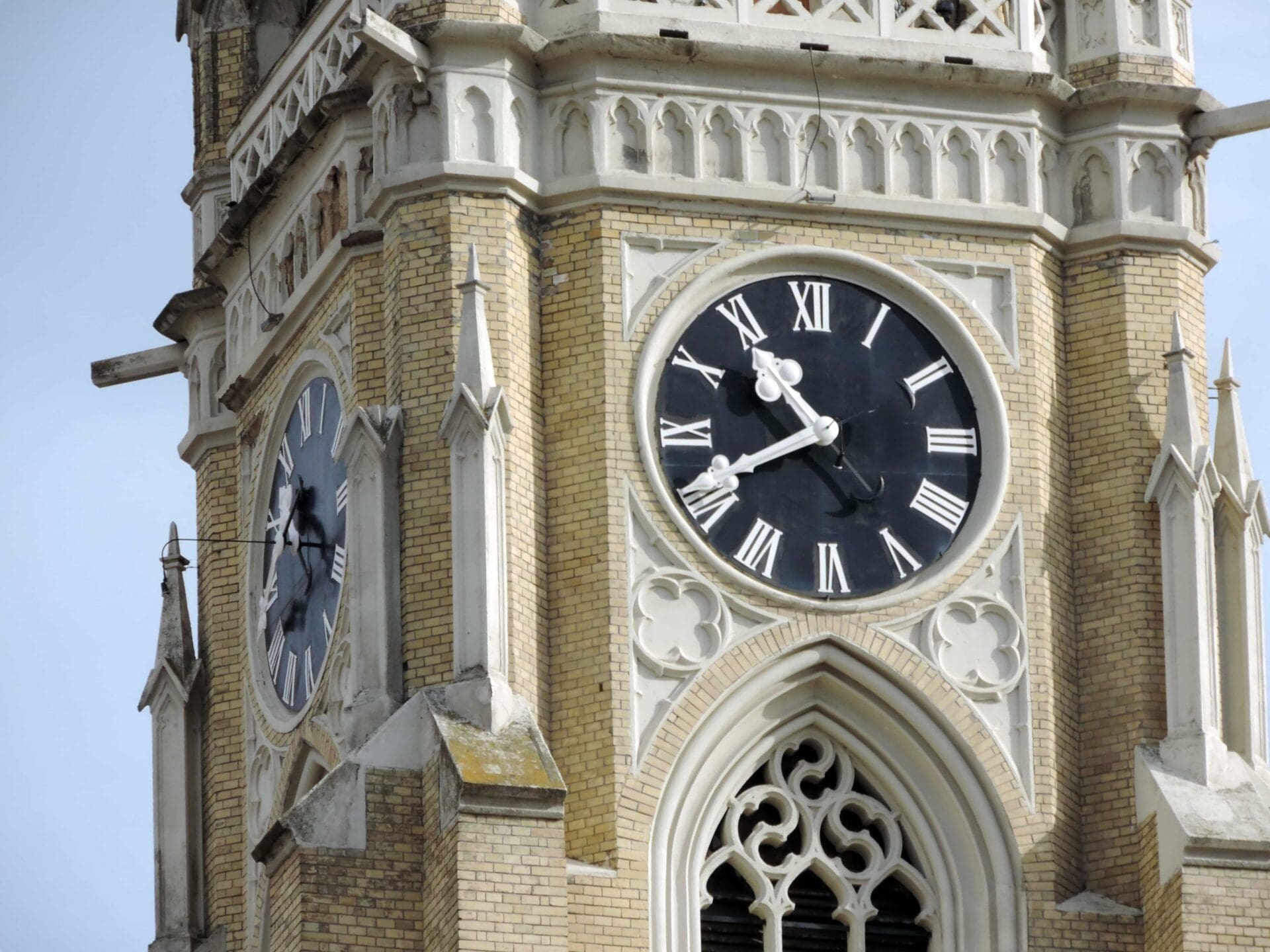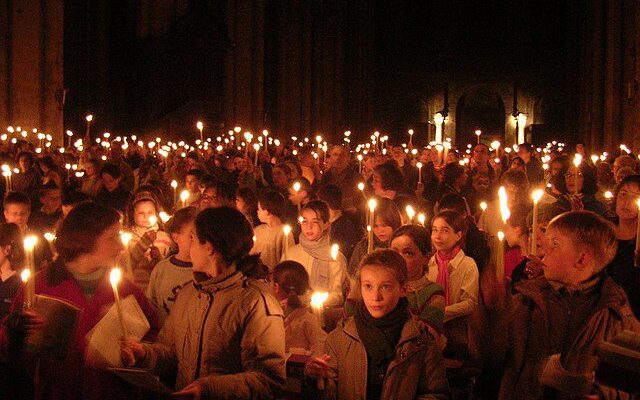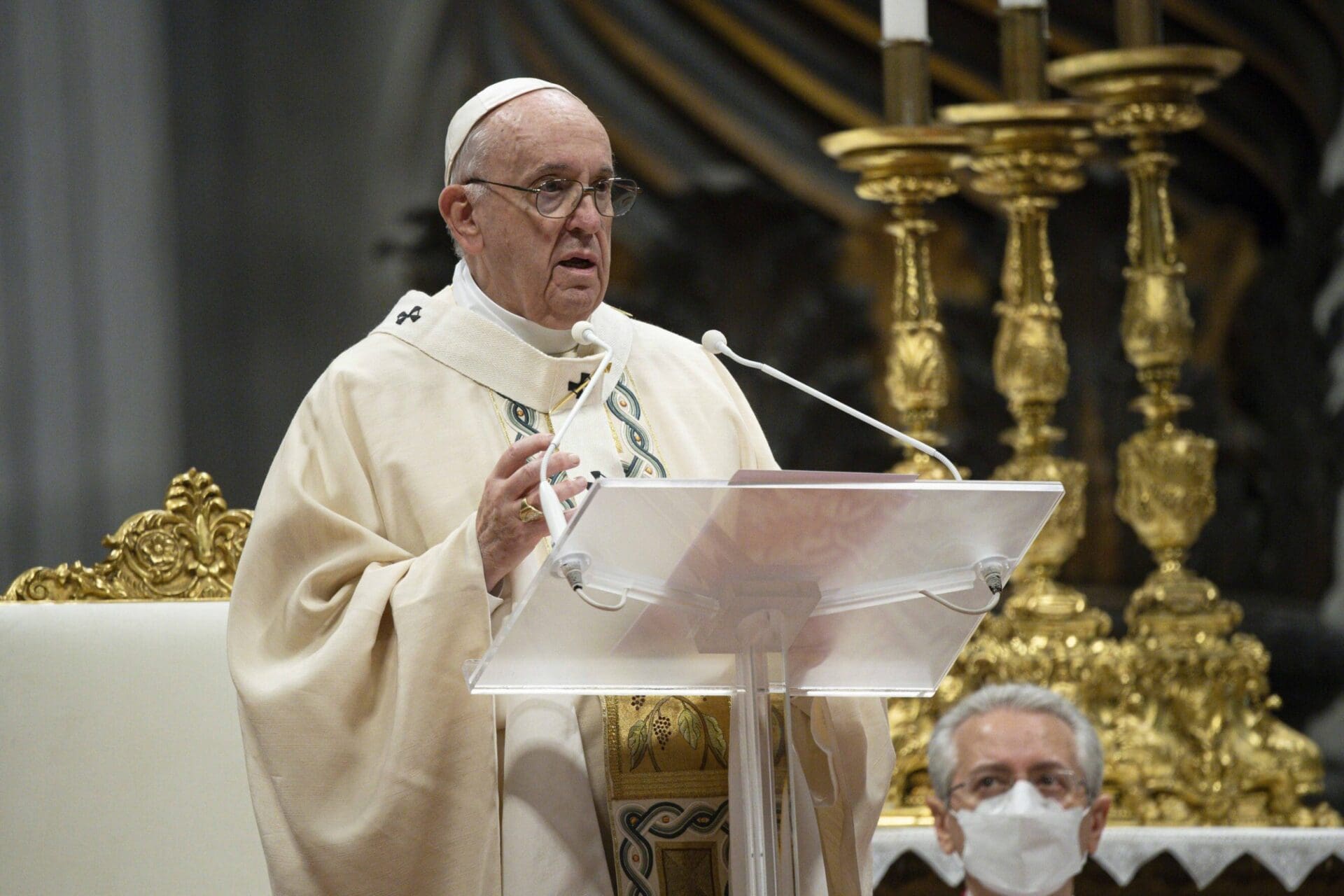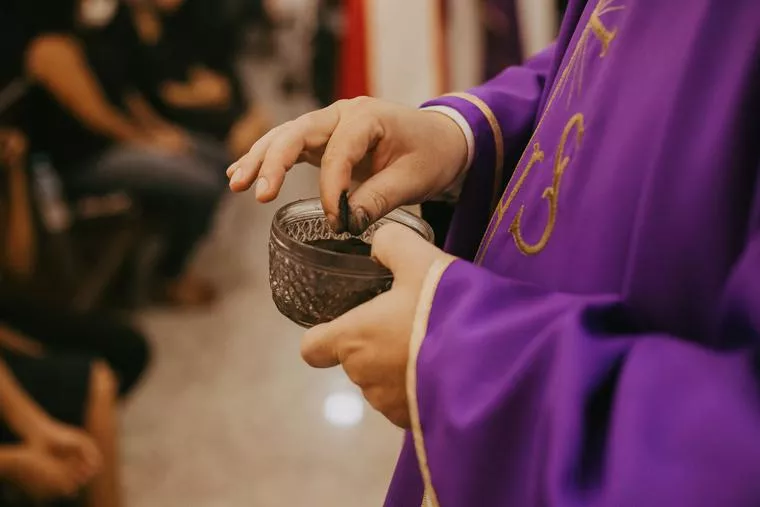A: The Roman Missal explains that “[i]n the Sacred Triduum, the Church solemnly celebrates the greatest mysteries of our redemption, keeping by means of special celebrations the memorial of her Lord, crucified, buried, and risen.” The liturgies of the Sacred Triduum consist of the evening Mass of the Lord’s Supper on Holy Thursday, the Celebration of the Passion of the Lord on Good Friday, and the Easter Vigil in the Holy Night.
The rubrics of the Mass of the Lord’s Supper on Holy Thursday state that the Mass should be celebrated at a convenient time in the evening with the full participation of the whole local community. There is no canonical definition of evening. Most cultural definitions state that evening begins when the sun is low in the sky and ends at twilight (of which there are three subcategories: civil, nautical, and astronomical). It would seem them that this Mass should begin, at the earliest, when the sun is low in the sky and at least have started by the end of astronomical twilight (which would be considered night).
Nonetheless, the rubric does state that the time should be “convenient” and allow for the full participation of the whole local community. Since few places of work and businesses are closed on Holy Thursday, it would be convenient to schedule the Mass after the close of normal business hours so as to allow full participation. However, too late of a start time may not be convenient for those wishing to stay for some time in the altar of repose or to visit other parishes’ altars of repose.
The rubrics for the Celebration of the Passion of the Lord on Good Friday indicate that this liturgy takes place “[o]n the afternoon of this day, about three o’clock (unless a later hour is chosen for a pastoral reason).” The 1988 Circular Letter Concerning the Preparation and Celebration of the Easter Feasts, Paschalis Sollemnitatis, notes that “for pastoral reasons, an appropriate time will be chosen in order to allow the people to assemble more easily, for example, shortly after midday or in the late evening, however not later than nine o’clock” (63). It is therefore permissible to begin this liturgy at any time after noon but it is most appropriate to begin it about 3 p.m. In the United States, the diocesan bishop (not just a local ordinary) may permit the liturgy to be repeated later if the size or nature of a parish or other community indicates the pastoral need for an additional liturgical service.
—Answered by Father Alan Guanella
Diocese of La Crosse, WI



